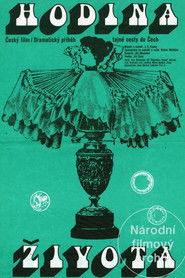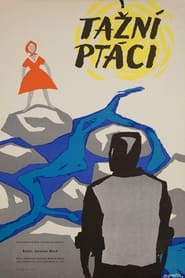detail profile ji c5 99 c3 ad c5 a0t c4 9bpni c4 8dka
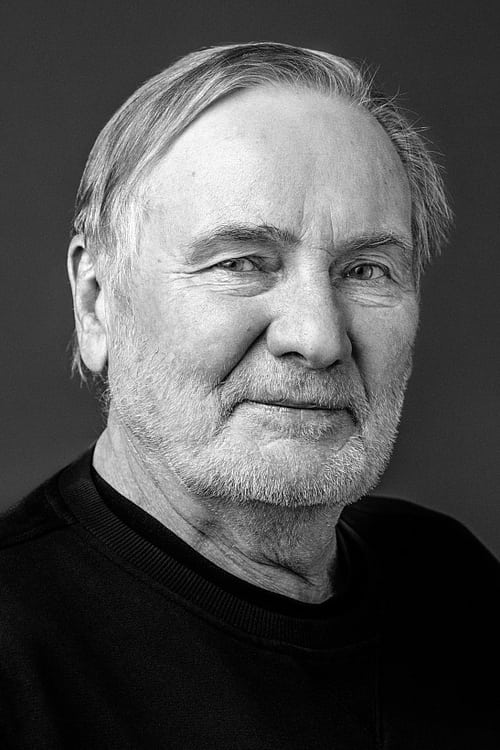
Jiří Štěpnička
Jiří Samec
atau dikenal sebagai
Riwayat Hidup
Jiří Štěpnička, by his own name Jiří Samec (* 16 April 1947 London) is a Czech actor.
He is the son of Czech actress Jiřina Štěpničková and a drawing professor from Strakonice Jan Samka, for whom Jiřina Štěpničková married shortly before the son's birth.
The place of his birth was given English citizenship, and he received five names in baptism according to his godparents: Jiří Jan Jaroslav Martin Otto.
After the return of her family to Czechoslovakia, Jiřina Štěpničková was cast down and, based on a frightened letter from director František Čáp, she attempted to emigrate to Šumava through the state border with a three-year-old son in her arms, the generalist Hruška was a confederate of the State Security, detained and sentenced to 15 years .
She was imprisoned until the amnesty for ten years and raised her grandparents.
He completed his primary school in the countryside of the country.
At 13, her mother returned from prison to her son and lived thanks to director Martin Fricov in Prague 4 - Hodkovičky.
From Wikipedia, the free encyclopedia
Info Pribadi
Peran Yang Di Mainkan Jiří Štěpnička
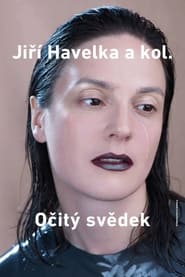 A documentary anatomy of mass murder...
A documentary anatomy of mass murder...Eyewitness 2021
"A documentary anatomy of mass murder for one monitor and 34 talking heads." These are the words the filmmakers use in the credits to describe their project, which thematises the execution of more than 260 Carpathian Germans, Hungarians and Slovaks by Czechoslovak army soldiers near Přerov in June 1945. The “massacre at Přerov” is made present through a minimalist dramatisation of the interrogation footage of direct participants, eyewitnesses, and others. It is as if the characters of ancient theatre were entering the Zoom “stage” and delivering a tragic message of fear, hatred and disinterest across the chasm of time.
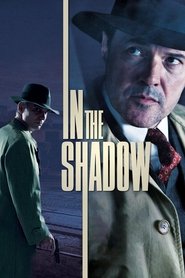 In the former Czechoslovakia 1950s police...
In the former Czechoslovakia 1950s police...In the Shadow 2012
In the former Czechoslovakia, 1950s, police captain Hakl investigates a jewelry robbery. An opened safe deposit leads to a known burglar. What seems an easy case soon starts to tangle. When he is called off the case, he continues on his own. The investigation leads him onto thin ice. Can he beat a stronger enemy and save his family and his own life?
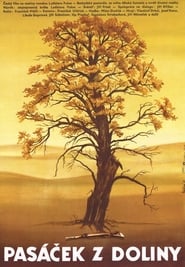 In 1947 by the Beskid mountains the...
In 1947 by the Beskid mountains the...The Little Shepherd Boy from the Valley 1984
In 1947 by the Beskid mountains, the traces of war still linger, destroyed tanks dispersed throughout the farmland creating an eerie backdrop. This film follows a ten-year-old boy and the strange visions he encounters, his world of fantasy exacerbated with ample time, space, and a lack of companionship or guidance. We see the adults that influence and dominate his life, for better or for worse. Surreal and packed with an excellent study of human emotions and motivations compounded by their rural, isolated vacuum of a town, this is a timeless and severely underrated film from a brilliant Czech director.
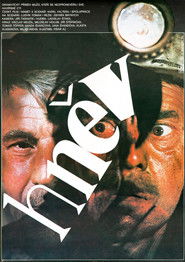 Sunday in September 1977 a celebration of...
Sunday in September 1977 a celebration of...Hněv 1978
Sunday in September 1977, a celebration of the Miners Day. The old Hepnar is sitting at the cemetery and is recalling events from ten years ago. That time the representative of the ministry Barvír announced at the miners meeting that mining in the mines would decrease. He reasoned this decision by the fact the deposits of coal are almost used up. The boss of the mine and most of the miners protested. Barvír did not take their critical objections into account. He announced at the communist district meeting the closure of the business as the mine according to new economic principles did not prosper.
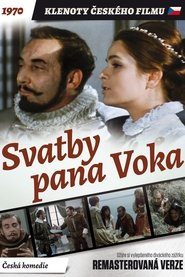 Czech nobleman Petr Vok of Rozmberk...
Czech nobleman Petr Vok of Rozmberk...Svatby pana Voka 1971
Czech nobleman Petr Vok of Rozmberk (Milos Kopecký) is no longer so young, but his amatory adventures continue to arouse the envy of men and the indignation of respectable ladies. In his "female retinue" at the chateau in Bechyne he has twelve comely girls, but he still manages to seduce the miller's wife and the maid. Lord Vok is in great financial difficulties. His elder brother Vilém advises him to marry a rich woman. Petr surprises him by announcing his intention to marry the very young Katerina of Ludanice.
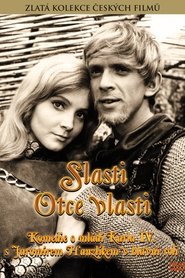 The young Prince Charles Jaromr Hanzlk...
The young Prince Charles Jaromr Hanzlk...Slasti Otce vlasti 1969
The young Prince Charles (Jaromír Hanzlík), the future King of his country Charles IV, is being educated at the French court in the company of his fiancée Blanche (Daniela Kolárová). One day he receives a summons from his father John of Luxembourg (Milos Kopecký) in Italy. He leaves for Italy accompanied by a deputation from Bohemia. On the way the prince's company fights a battle with armed Milanese against heavy odds. Thanks to Charles's perspicacity, the prince's almost naked soldiers win through. In Lucca in Italy Charles joins his father, and here he experiences an amorous adventure and escapes from the traps laid by the Italian rebels.
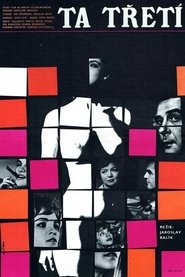 At the funeral of his schoolmate...
At the funeral of his schoolmate...Ta třetí 1969
At the funeral of his schoolmate, the nearly-fifty-year old architect Jirí Mánek (Václav Voska) meets his former close acquaintance - physician Jarmila (Blanka Bohdanová). They both are still single. Jarmila has recently returned to Prague after years of work on the frontier. Jirí leaves for a business trip. As a conservationist, he is to grant permission for an adaptation of a Baroque château to office spaces. On the road, a pretty young hitchhiker named Eva (Ida Rapaicová) stops him. Eva is Slovak and her spontaneous behavior enchants Jirí. He thus does not mind making a short detour and takes Eva all the way to the luxurious cottage of her parents. A romance develops between the two people, so different in age and temperament.
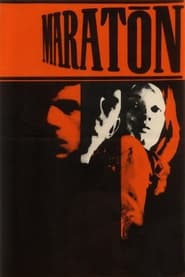 It is 5 May 1945 and the uprising...
It is 5 May 1945 and the uprising...Maratón 1968
It is 5 May 1945 and the uprising against the hated German occupiers has broken out in Prague. The Czech guards open the gate of the Pankrác prison to allow the prisoners to escape en masse. Many of them are shot dead by the German guards but young Ruda (Jaromír Hanzlík) manages to run away. He is taken care of by one of the Prague fighters, concierge Kytka. Kytka hides him in the flat of the house's owner where only the young maid Karla (Jana Brejchová) is left, ordering her to take care of Ruda.
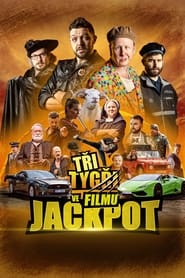 Two friends set out on a...
Two friends set out on a...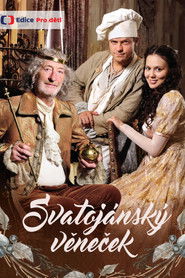
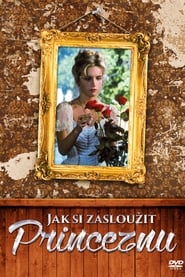 A fairy tale of three brothers...
A fairy tale of three brothers...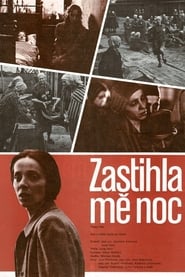 A communist journalist from Prague is...
A communist journalist from Prague is...